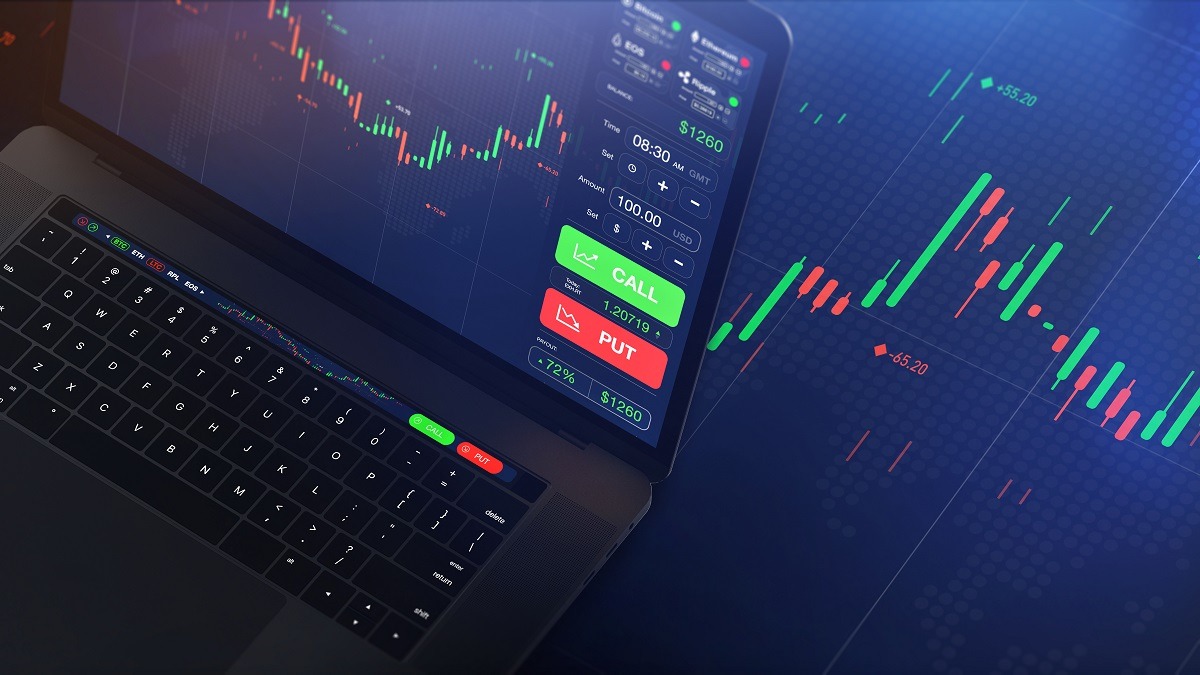The History of Forex6 min read
Reading Time: 2 minutesHistory of Forex is our current topic. Foreign exchange market gain popularity, especially after the pandemic. If you don’t know what is Forex, firstly, we have to define the term.
Simply put, the Forex market is the international financial marketplace where one may trade currencies.
You might earn if your prediction that one currency will be stronger than the other turns out to be accurate. Let’s make it more clear before we jump into the history of Forex.
What is Forex?
Before there was a worldwide epidemic, individuals could board aircraft and travel across borders. If you’ve ever gone abroad, you know that finding a currency exchange station at the airport and then changing your wallet’s cash into the local currency are routine steps.
When you approach the counter, you see a screen showing various conversion rates for various currencies. The relative cost of two currencies from two distinct countries is known as an exchange rate.
You practically engage in the forex market when you convert your USD to another country’s currency! You have converted one currency into another.
Forex is the same thing. The world’s currencies are traded on the decentralized, international FX market. Exchange rates fluctuate by the second, causing the market to be in continual motion.
Now that you have learned what the forex market and forex trading are, let’s dive into the history of forex trading.
Historical Background of Forex Trading
In 1973, the groundwork for what is now known as the forex market was created. But money conversion from one currency to another has existed since the dawn of civilization.
Following the financial crisis of the 1930s, international commercial ties deteriorated. International trade ceased as a result of the USA’s initial economic crisis evolving into a worldwide financial crisis.
The gold standard system, which operated without a hitch up to the financial crisis, was abandoned. London became the world’s greatest financial hub during this time.
In Basel, Switzerland, the International Bank of Settlement was founded in 1930. The Bank for International Settlements (BIS) was founded to offer financial support to newly stabilized nations that had a persistent deficit in their current balance of payments.
The “Bretton-Wood” conference, attended by 45 nations, mostly the USA and England, was held in the USA in 1944. The following decisions made during the Bretton Woods Conference serve as the cornerstone of the forex market today:
- The International Monetary Fund (IMF) is now in charge of policing international economic ties.
- The international reserve currencies were decided to be the US dollar and the British pound.
- It is agreed that all currencies are stated in terms of a specific gold grade, or terms of US dollars.
- All units of money must be convertible after the operation (convertible).
- The membership fees for IMF members will be paid in local currency and gold.
In the international conference conducted in December 1971 at Smithsonian University in Washington, D.C.;
A maximum 4.5% fluctuation in exchange rates was permitted within the predetermined parties. However, within a short period, Germany was forced to interfere in this system for $5 billion, forcing Japan and Europe to halt their operations.
The US government chose to lower the dollar’s worth. The fixed exchange rate system based on the dollar was abandoned by developed nations in favor of a free exchange rate regime where the market decided exchange prices.
Our customer support is ready to listen to 24/7/365 carefully. Join our family today and meet the future of savings.
Would you like to go for an offshore account in The Kingdom Bank and meet our high-standard online services?
About The Author





